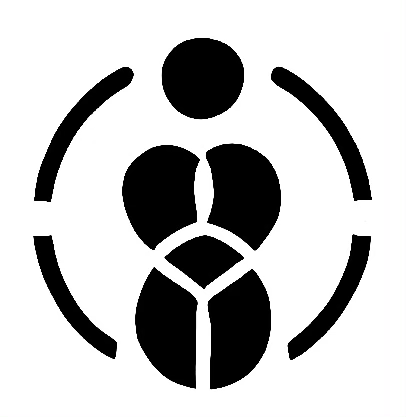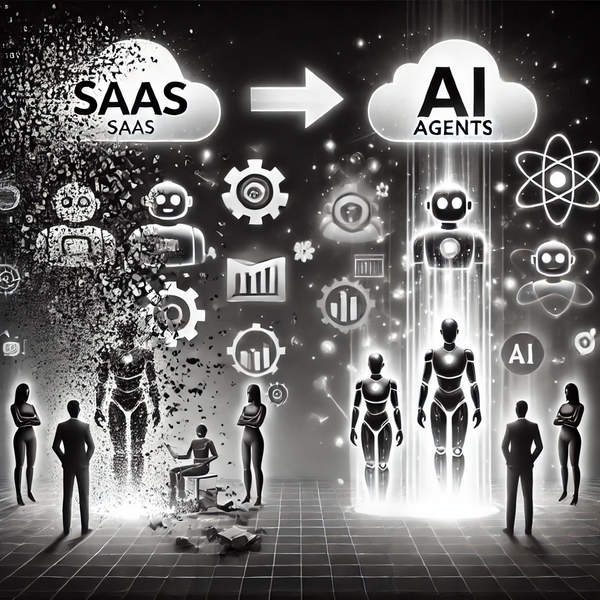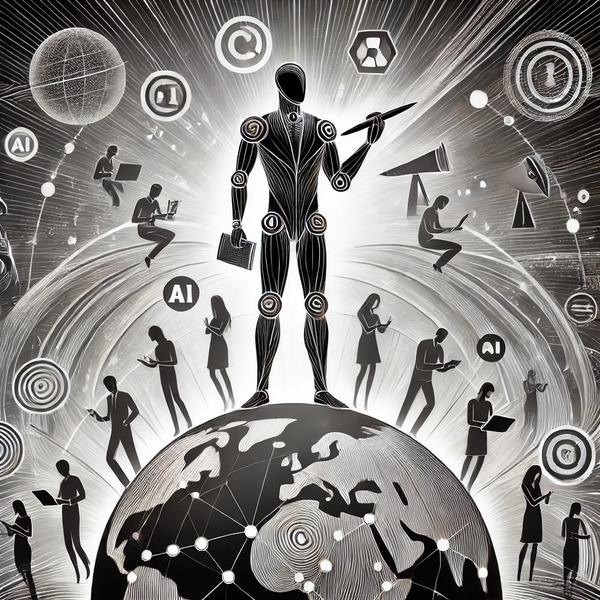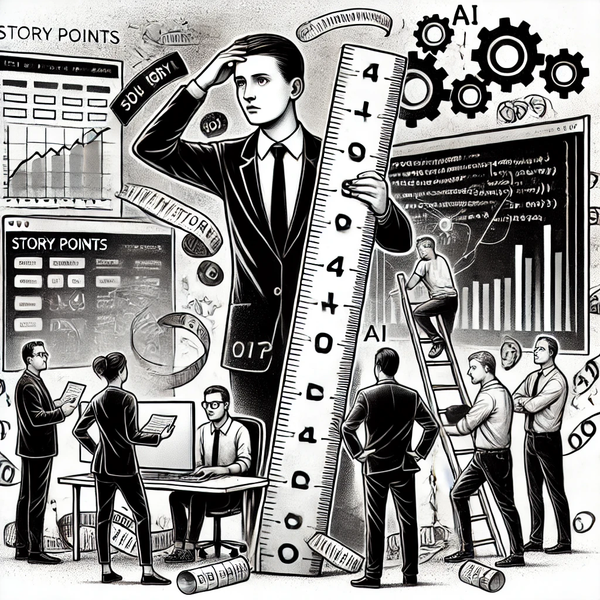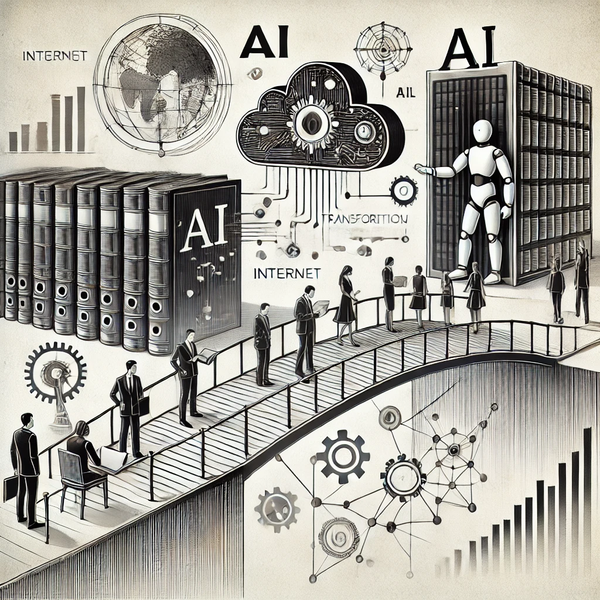Unlocking Potential: How AI is Transforming Office Work and Empowering Employees
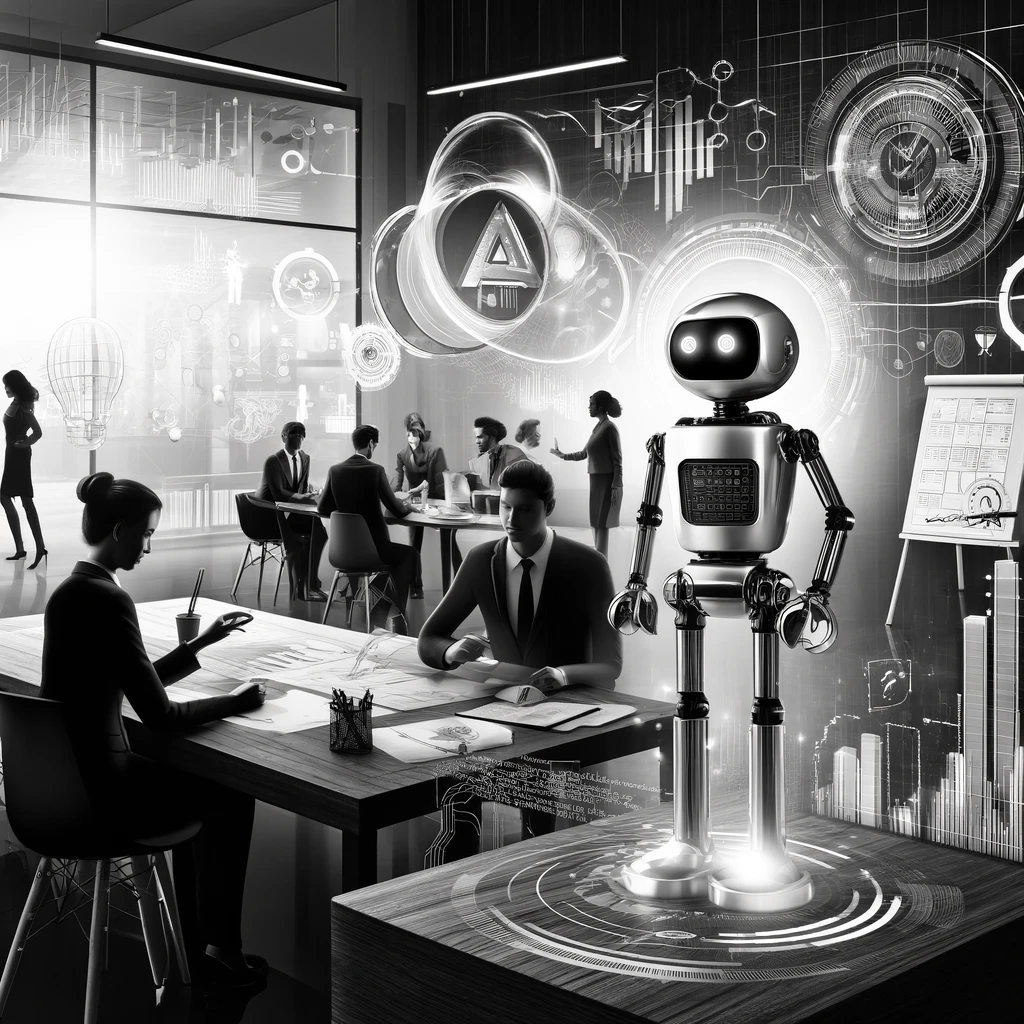
The rapid advancement of artificial intelligence (AI) is reshaping workplaces around the world. AI isn’t just about robots and futuristic technologies—it’s a tool that’s fundamentally changing how everyday tasks are completed. By automating repetitive and time-consuming office tasks, AI is freeing employees to focus on more strategic, creative, and impactful work. This shift is creating opportunities for individuals and organizations to thrive in ways previously unimaginable.
Automating the Routine to Enable the Exceptional
Office workers often spend a significant portion of their day managing repetitive tasks: scheduling meetings, entering data, responding to routine emails, and generating reports. These tasks, while necessary, consume valuable time and limit an employee’s ability to engage in higher-level responsibilities.
AI tools are now stepping in to take over these repetitive tasks. By managing calendars, automating data processing, handling routine communications, and even summarizing reports, AI allows employees to redirect their energy to work that truly matters. The result is not only greater operational efficiency but also a more engaged and motivated workforce.
The Benefits of an AI-Enhanced Workplace
1. Enhanced Productivity
When employees are no longer bogged down by mundane tasks, they can focus on activities that require human creativity, decision-making, and problem-solving. This leads to higher output and more meaningful contributions to organizational goals.
2. Greater Job Satisfaction
Performing repetitive tasks day in and day out can lead to burnout and dissatisfaction. By automating these tasks, employees can spend more time on work they find fulfilling—whether that’s brainstorming ideas, collaborating with colleagues, or engaging directly with customers.
3. Organizational Innovation
Freed from the constraints of routine work, employees have the time and mental bandwidth to think strategically and innovate. This shift encourages the development of new ideas, processes, and solutions that can drive a business forward.
What Employees Can Focus On
As AI handles the repetitive aspects of office work, it opens the door for employees to engage in more impactful activities. Here are just a few areas where human creativity and intelligence can shine:
Strategic Planning
With routine tasks automated, employees can focus on long-term planning and developing strategies to meet organizational goals. This includes market analysis, customer engagement strategies, and operational improvements.
Creative Problem-Solving
AI excels at executing tasks but lacks the nuanced understanding and creativity required to solve complex problems. Employees can dedicate their time to addressing challenges that demand innovation, empathy, and insight.
Relationship Building
AI can automate communications, but genuine human relationships remain essential. Employees can spend more time building connections with clients, partners, and colleagues, fostering trust and collaboration that technology can’t replicate.
Professional Growth
Time saved through automation can be reinvested in learning and development. Employees can acquire new skills, explore emerging technologies, and advance their careers, ultimately benefiting both themselves and their organizations.
A New Era of Work
The integration of AI into office workflows signals the dawn of a new era in work. This transformation isn’t about replacing people with machines—it’s about empowering employees to work smarter and more effectively. By automating the repetitive, AI creates opportunities for individuals to contribute in ways that are more meaningful and impactful.
For organizations, this shift promises greater efficiency, innovation, and adaptability. For employees, it means more fulfilling work and the chance to realize their full potential. Together, this human-AI collaboration is shaping a future where work is not only more productive but also more rewarding.
In the end, the question is not whether AI will change work—it already is. The real question is how organizations and individuals will embrace this opportunity to unlock new possibilities and achieve unprecedented success.
